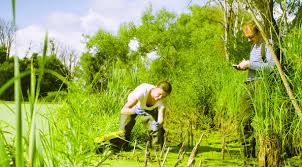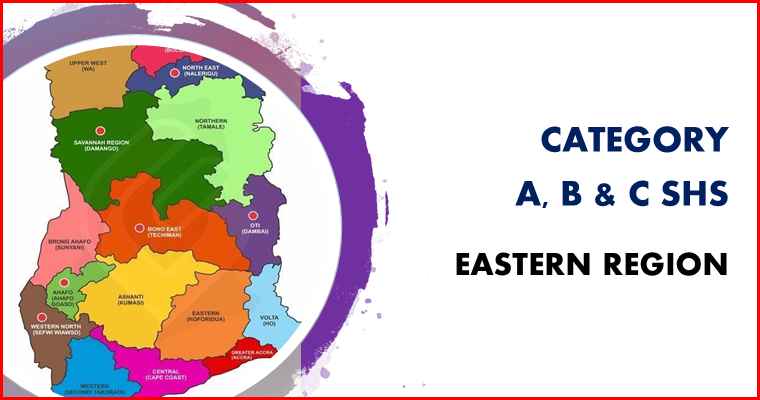An environmental science degree equips you with the skills and knowledge for a range of jobs in areas such as conservation, sustainability, and environmental research and education
Job options
Jobs directly related to your degree include:
- Amenity horticulturist
- Commercial horticulturist
- Environmental consultant
- Environmental education officer
- Environmental engineer
- Environmental manager
- Minerals surveyor
- Nature conservation officer
- Recycling officer
- Sustainability consultant
- Waste management officer
- Water quality scientist
Jobs where your degree would be useful include:
- Environmental health practitioner
- Horticultural consultant
- Horticultural therapist
- Landscape architect
- Town planner
- Toxicologist
- Transport planner
- Water engineer
Work experience
Some environmental science degree courses have a placement year option. This provides the opportunity to gain practical industry experience, increase your skills and develop a network of contacts. There may also be options to undertake shorter placements and field trips during your course. You could also apply for summer internships, which are usually available with larger organisations and companies.
Many environmental organisations and charities need help from people willing to carry out voluntary work. After gaining some initial experience, you may be able to progress into more specialist paid employment. It's also a good idea to get involved in relevant clubs and societies while you're still at university, take up volunteering roles with conservation organisations, or become active in campaigning groups in your local area.
Volunteering gives you experience that is difficult to gain elsewhere and shows your commitment. Some students attend conferences and debates on environmental concerns, subscribe to relevant magazines and journals or go travelling. All these experiences will make you more attractive to an employer.
Typical employers
Opportunities for environmental science graduates can be found in the environmental science and wider biology sectors. Typical employers include:
- local authorities
- environmental protection agencies such as the Environment Agency (EA) and Scottish Environment Protection Agency (SEPA)
- UK government departments, such as the Department for Environment, Food and Rural Affairs (DEFRA)
- environmental monitoring organisations
- environmental consultancies
- nature conservation organisations
- charitable trusts, such as Natural England and Scottish Natural Heritage.
There are also opportunities available in the utilities sector with water companies and waste management companies, in planning and surveying, the media, and in environmental education and research.
Skills for your CV
Studying an environmental science degree provides you with a broad understanding of current environmental issues and challenges on a local, national and global scale. You learn about the impact humans have on the environment and how to manage it.
Areas covered can include environmental biology, geography, geology, chemistry, earth science, soil science and resource management.
Depending on the course/modules you study, you can gain specialist knowledge in areas such as geohazards, wildlife management and sustainable development policy.
Employers are also interested in the broader skills you acquire, such as:
- problem-solving and creative thinking skills
- competence in developing arguments from scientific, ethical and philosophical perspectives
- research skills and the ability to gather, analyse and report on complex environmental data
- laboratory skills for analysing environmental data
- written and verbal communication skills, including presentation skills
- flexibility to work in all kinds of environments, developed through working in the field
- numerical and IT skills, developed through the application of statistics and measurement techniques
- planning, time management and project-management skills
- the ability to work as part of a team on projects, as well as independently.








